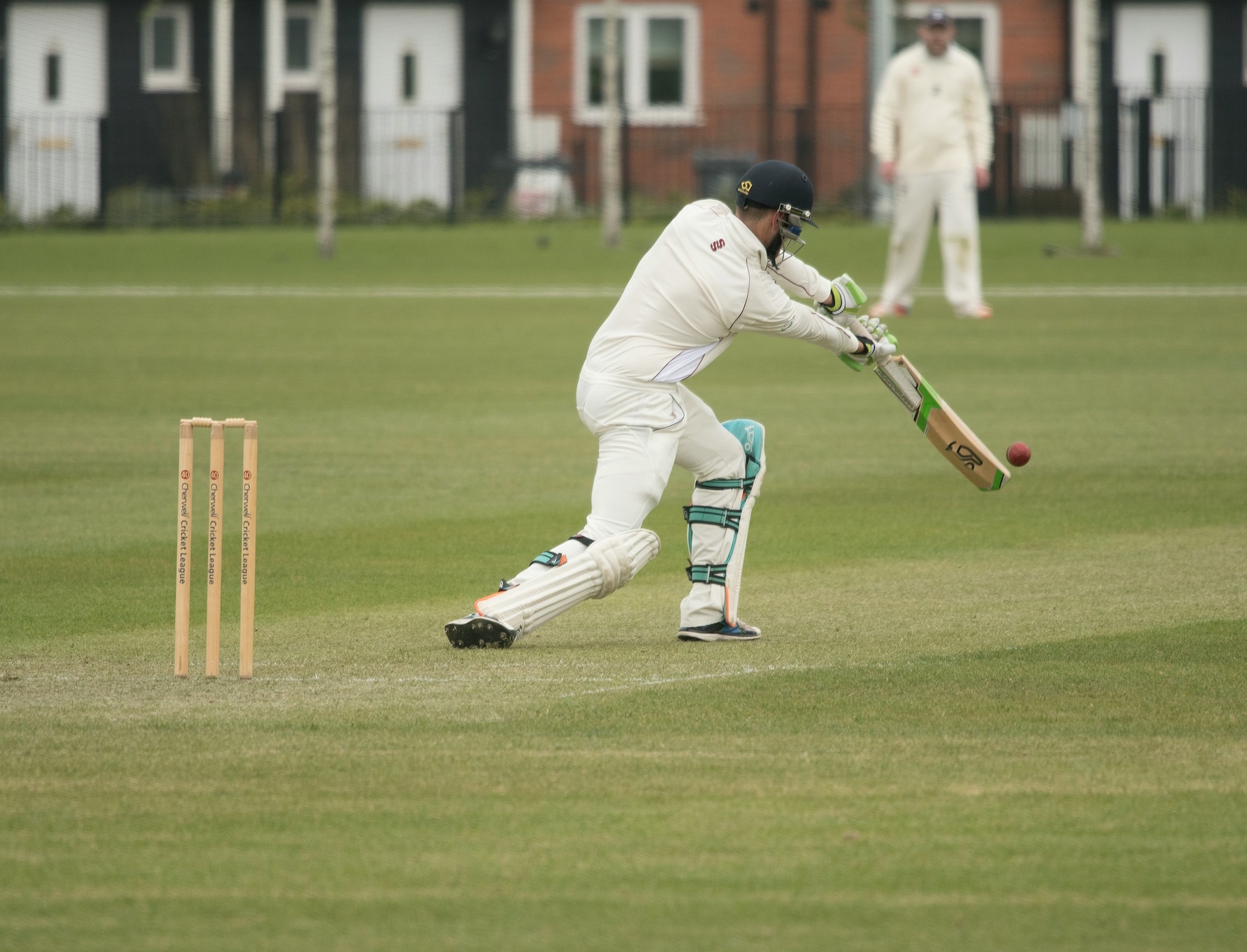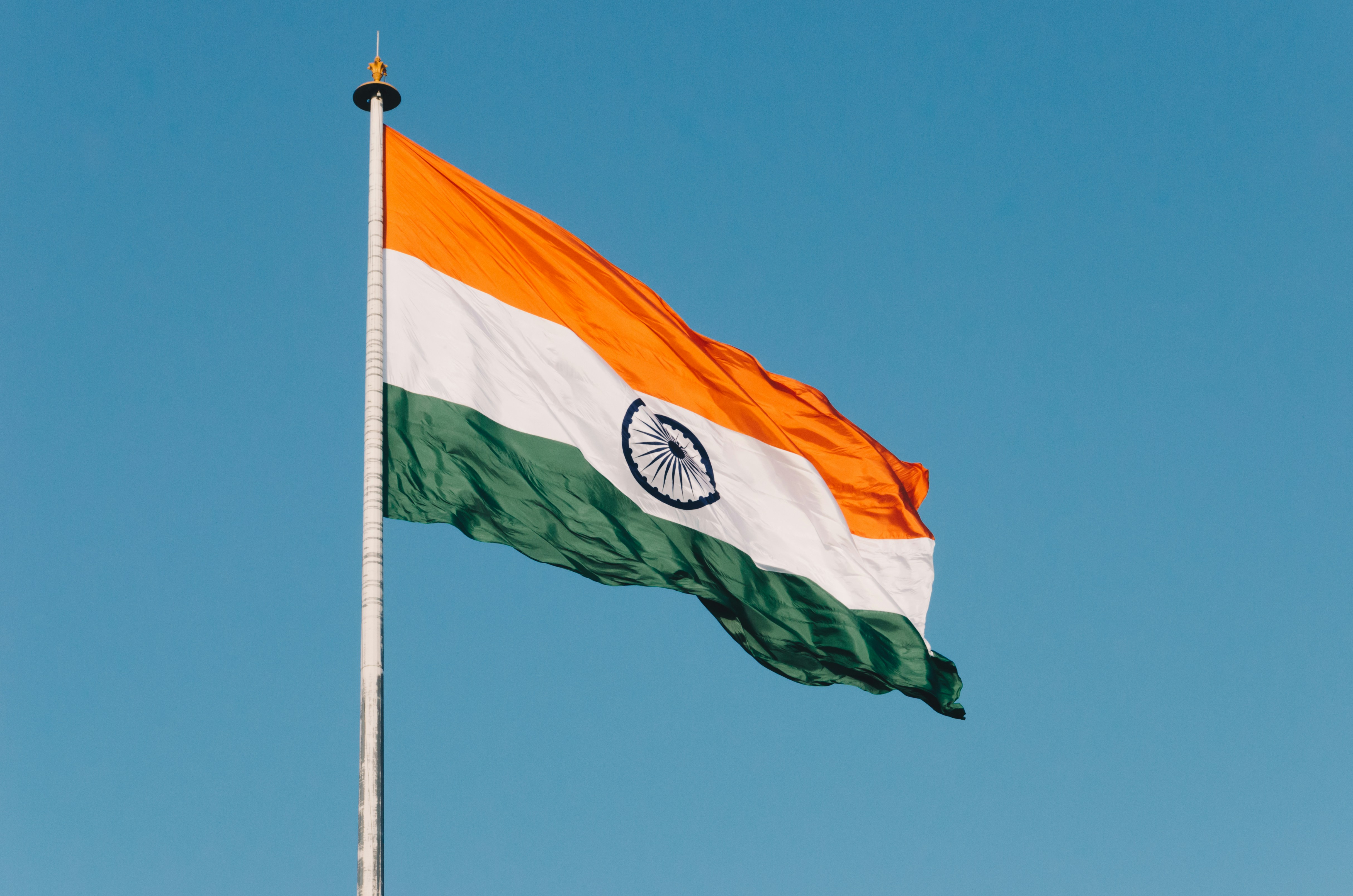With the industry continuing to grow, residents can hold out hope that clarification and further laws allowing the pastime are on the horizon.
Sports betting is one of the few industries that seems to be on a seemingly never-ending rise internationally. With multitudes of countries legalizing the pastime, placing wagers on sporting events has become commonplace among gamblers from just about every culture.
India, with more cricket-loving fans than any other region, is no exception to this. Home of the Indian Premier League (IPL), the region has millions of gamblers who love predicting who will come out victorious from an upcoming match—and putting money on it.
However, while the country has both an uncontested love for the sport and a rich history of gambling culture, on the surface, placing bets within the region isn’t straightforward. Join us as we investigate whether or not cricket betting in the country is legal.
Gambling Laws
Despite allowing individual states to pass their own regulation regarding gambling and sports betting, the pastime has laws in place at a federal level. The overriding law that governs almost all forms of gambling in India is the Public Gambling Act of 1867.
The law, heavily outdated in today’s times, prohibits all forms of gambling—making particular reference not only to players visiting gambling establishments but also to operators who manage them. In both instances, being caught with the intention of gambling or providing the opportunity to gamble is punishable by a fine.
Due to the age of the law, there is no mention or regulation to cover online gambling. Considering online gambling is now the preferred way to play for countless people around the world, many use this as justification to claim that there is no law prohibiting it.
In 2000, however, India did pass updated laws regarding oversight of what residents can or cannot do online. The Information Technology Act, regulating all cyber activity in the country, is impressively comprehensive and clearly mandates what is allowable.
Again, this Act falls short of giving a clear answer to those who enjoy placing a wager to back their team. Making no mention whatsoever of online casinos or gambling, the Act is often overlooked when seeking to find out if gambling in India is legal or not.
By 2022, the government sought to revisit current laws after considering how popular online gambling had become both internationally and locally in India. From this, the Information Technology Rules (ITR) of 2021 were amended.
The amendments to these rules set up a framework for establishing self-regulating bodies. These bodies are tasked with overseeing online gambling, which includes the issuing of licenses to operators to provide services within the country.
State Laws
To date, only three states (and two Union Territories) have passed laws to allow gambling. These are the north-eastern state of Sikkim and the western state of Goa. The Union Territories that allow gambling are Daman and Diu.
All the above regions have local legislation in place to allow operators to provide casino games and allow gamblers to engage with these. Because of this, gambling in these regions has increased—with almost 80% of Indian residents claiming that they gamble at least one time per annum.
It should be noted that the state of Meghalaya passed laws in 2021 that made provisions for online gambling, including a framework to license local operators. However, just a few months later, a bill repealed these laws and removed their legalization of gambling in the region.
Games of Skill vs. Games of Chance
With state laws becoming increasingly lenient on gambling, many have been hopeful that the full potential of the Indian online gambling market will soon be reached. However, certain restrictions have been imposed even in states where progress has been made to allow gambling.

These restrictions mostly center around the same conditions that the original Public Gambling Act was founded on—games of skill or chance. In regions with no specific regulation, most casino games are seen as games of chance and are prohibited.
Games like poker, however, are seen as games of skill. Because of this, poker is allowed in some states even amidst the lack of specific regulations making provision for it. Sports betting (or, more specifically, betting on horseracing) is also seen as a game of skill, not chance.
With this distinction being made but not fully expanded upon by legislation, some states remain quiet on whether or not cricket betting and placing wagers on other sports is legal. This has led to further confusion among players and spawned a roaring black market for players wishing to place bets.
Offshore Operators
With the market size of online gambling growing larger on an almost daily basis, it is no surprise that offshore operators have seen India as a goldmine waiting to be tapped. With players eager to access the convenience of online gambling, many offshore providers make special efforts to accept Indian players.
This has led to an influx of Indian-centered online casinos and bookmakers, the best of which can be found on platforms like cricket-betting.com. These offer tailored betting experiences for residents in the country and, in some cases, even allow play using Indian currency.
Because these operators manage the services they provide to Indian players outside the confines of the country, they are not subject to local laws—such as the Public Gambling Act of 1867. Therefore, they break no rules in allowing players to access their services.
For states where local government has yet to pass laws pertaining to gambling, this has long been the argument used by these providers to encourage Indian gamblers to register an account and start playing.
These providers also specifically target players who may be unsure about the legality of placing bets locally. Because the services are offered outside the country, players feel more comfortable about playing because they are doing so outside the borders of India and, therefore, are not subject to local laws.
Conclusion
Although India has made great strides in clarifying its stance on online casinos and sports betting in recent years, the framework governing this pastime is still plagued with confusion. With the industry continuing to grow, residents can hold out hope that clarification and further laws allowing the pastime are on the horizon.
Until that happens, however, they can continue to use the many great and trustworthy offshore providers that offer them chances to win big.


Join the conversation!